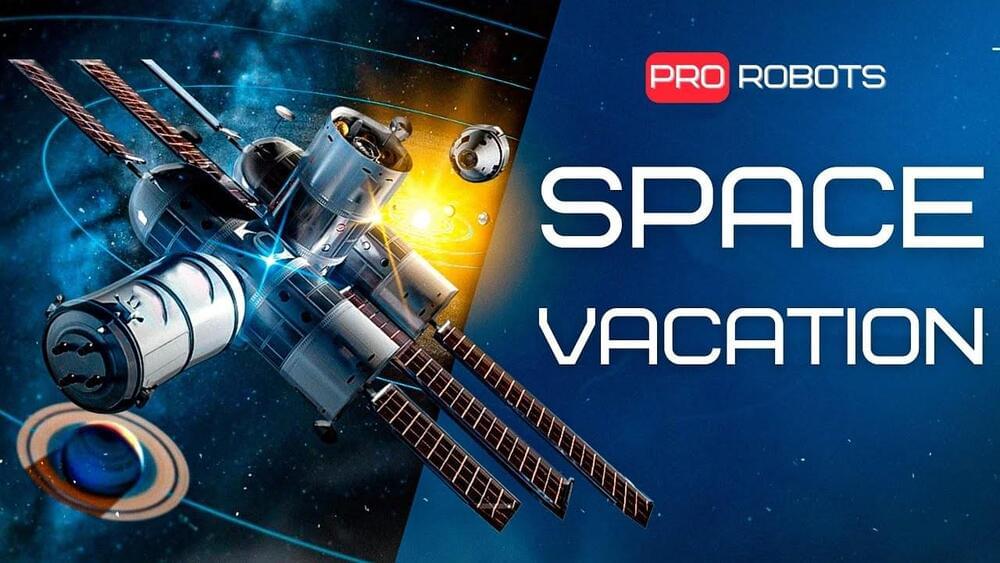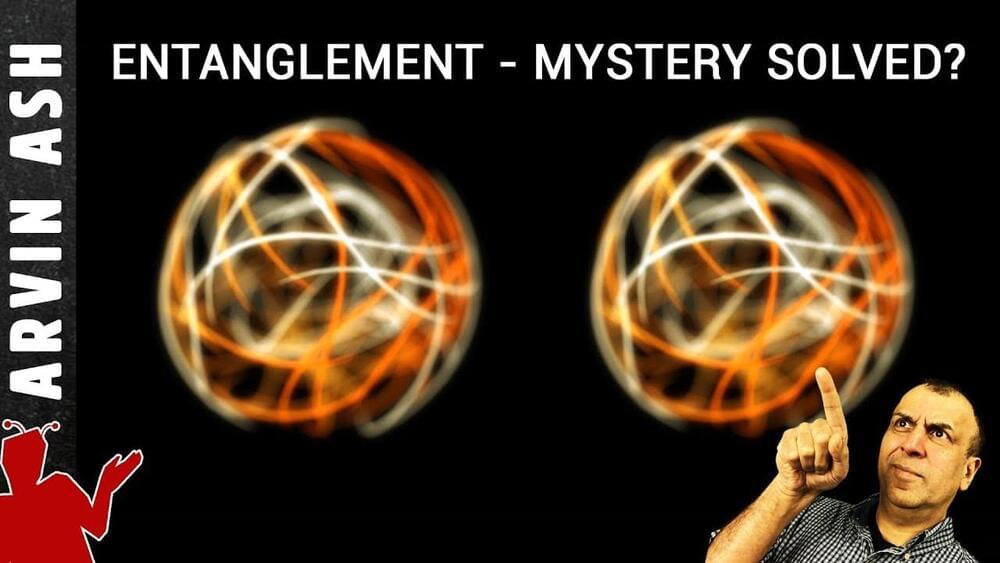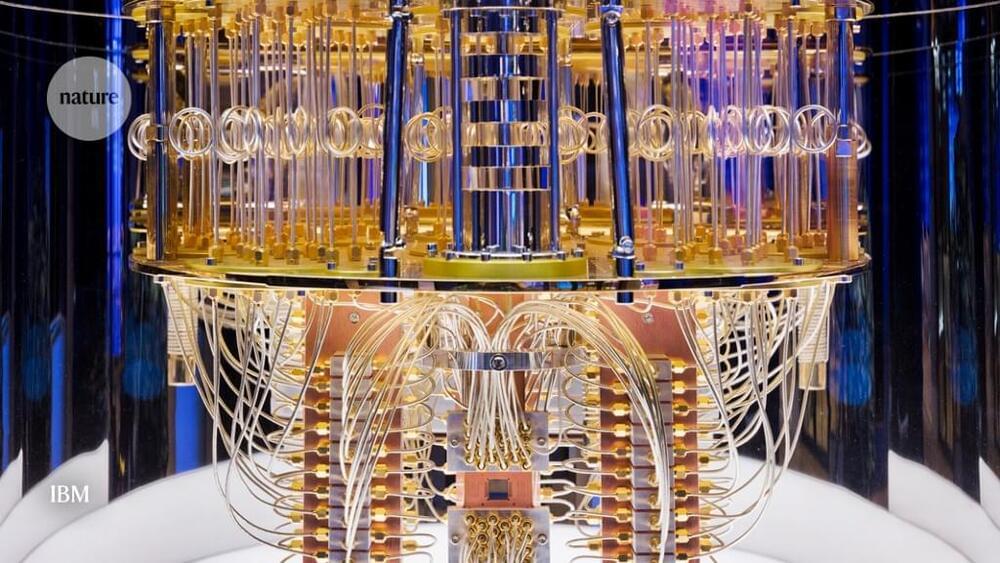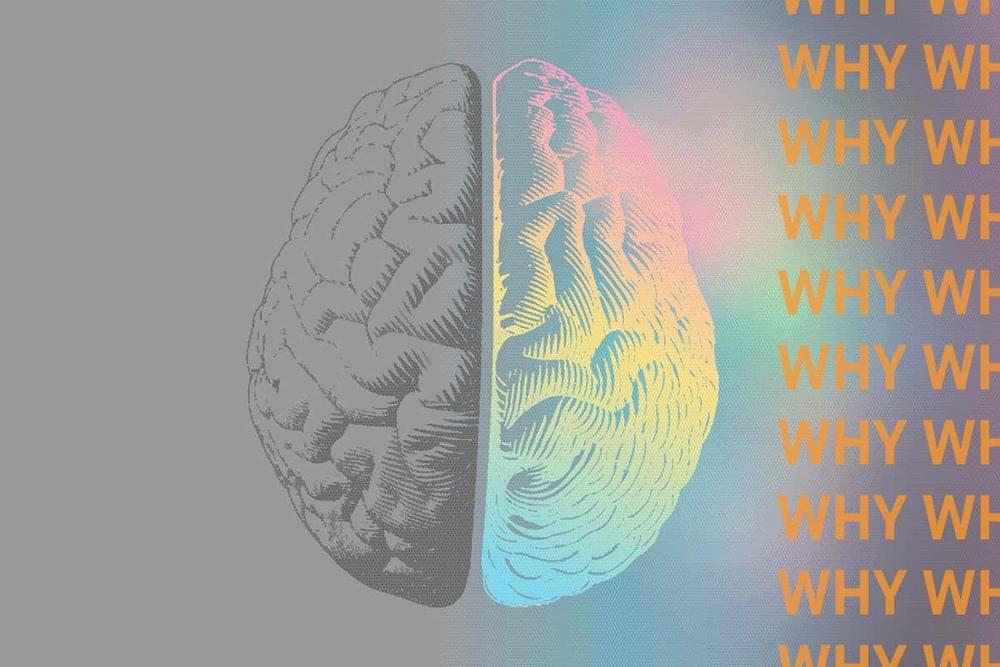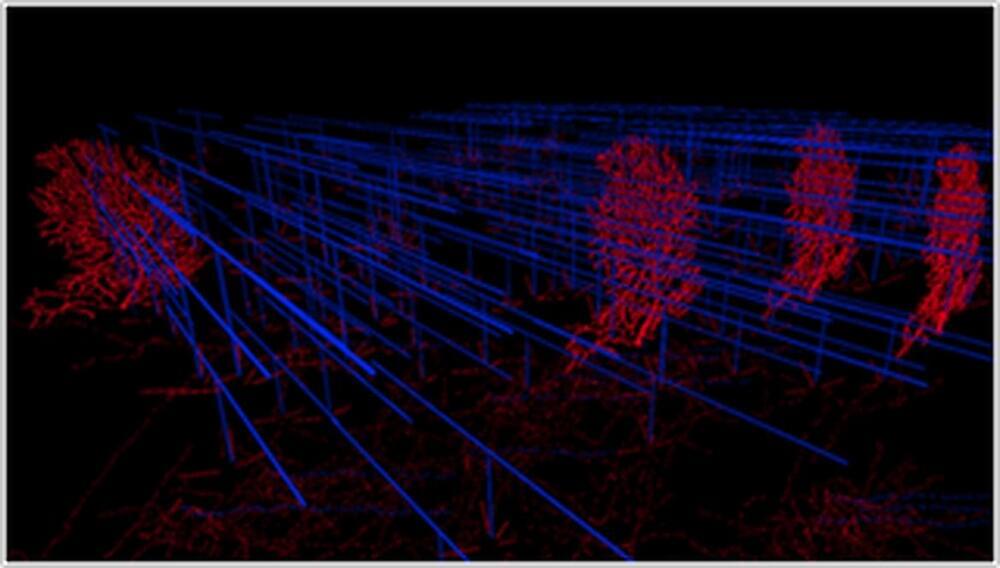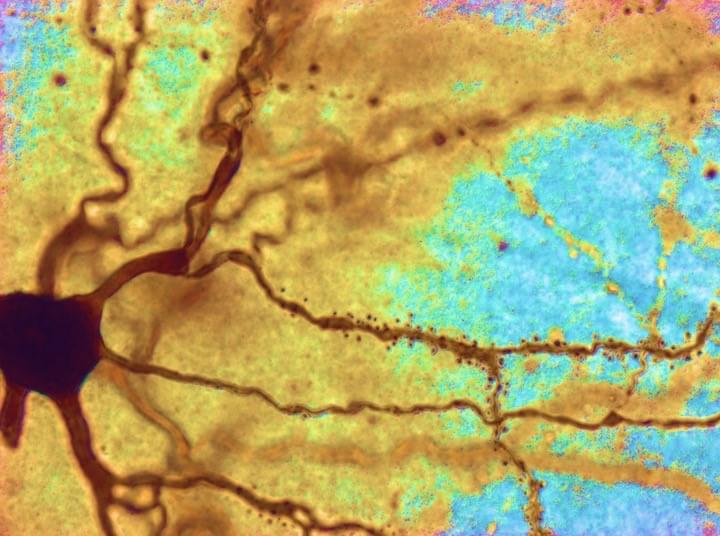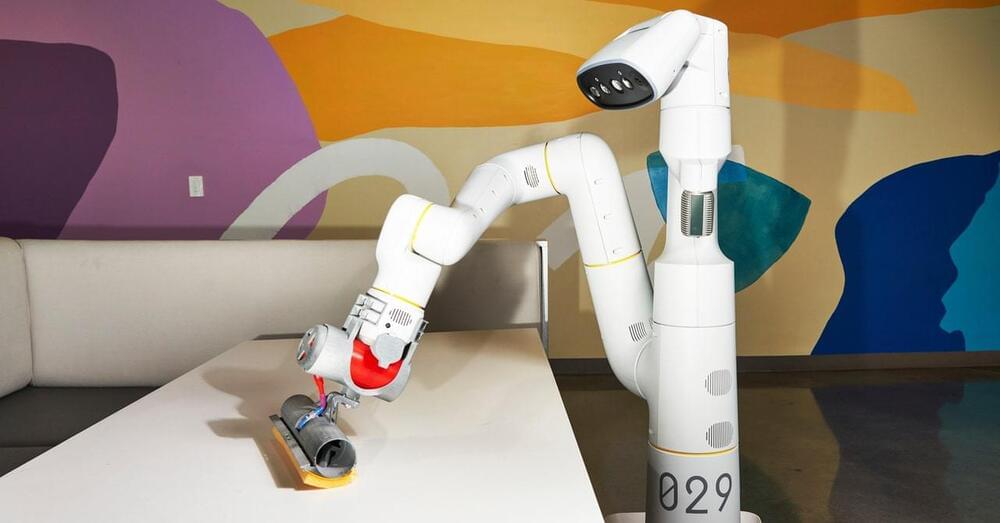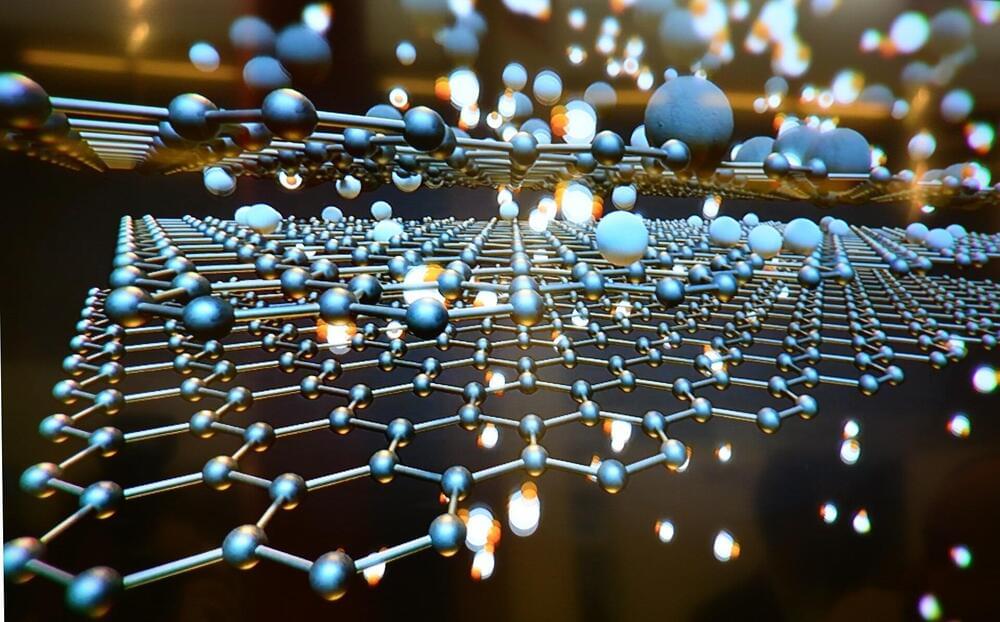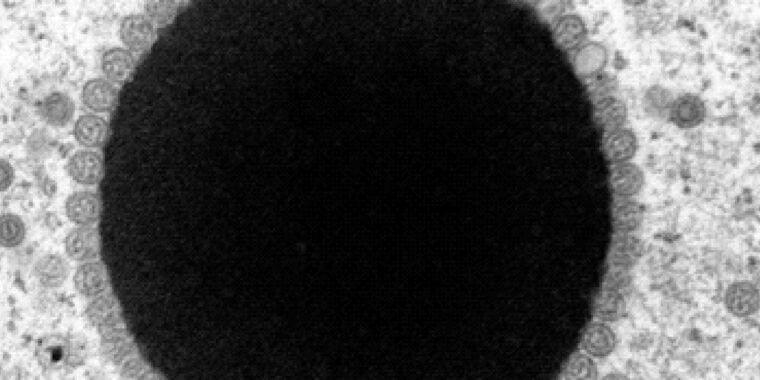Nov 21, 2021
What awaits us in the hotel in space and on the moon? | Is a vacation in orbit already a reality?
Posted by Raphael Ramos in categories: biotech/medical, Elon Musk, robotics/AI, space travel
https://www.youtube.com/watch?v=NCABjYITbco&feature=share
✅ Instagram: https://www.instagram.com/pro_robots.
You’re on the PRO Robots channel and in this episode we’re going to talk about a vacation in space. When will this cherished dream come true? How will such a trip take place, what will the preparation consist of, how much does a trip and service in space cost, what will be the food for the space tourists and what are the living conditions and dangers awaiting them — watch this video! Watch this episode to the end and write in the comments: would you dare to go on a space vacation?
